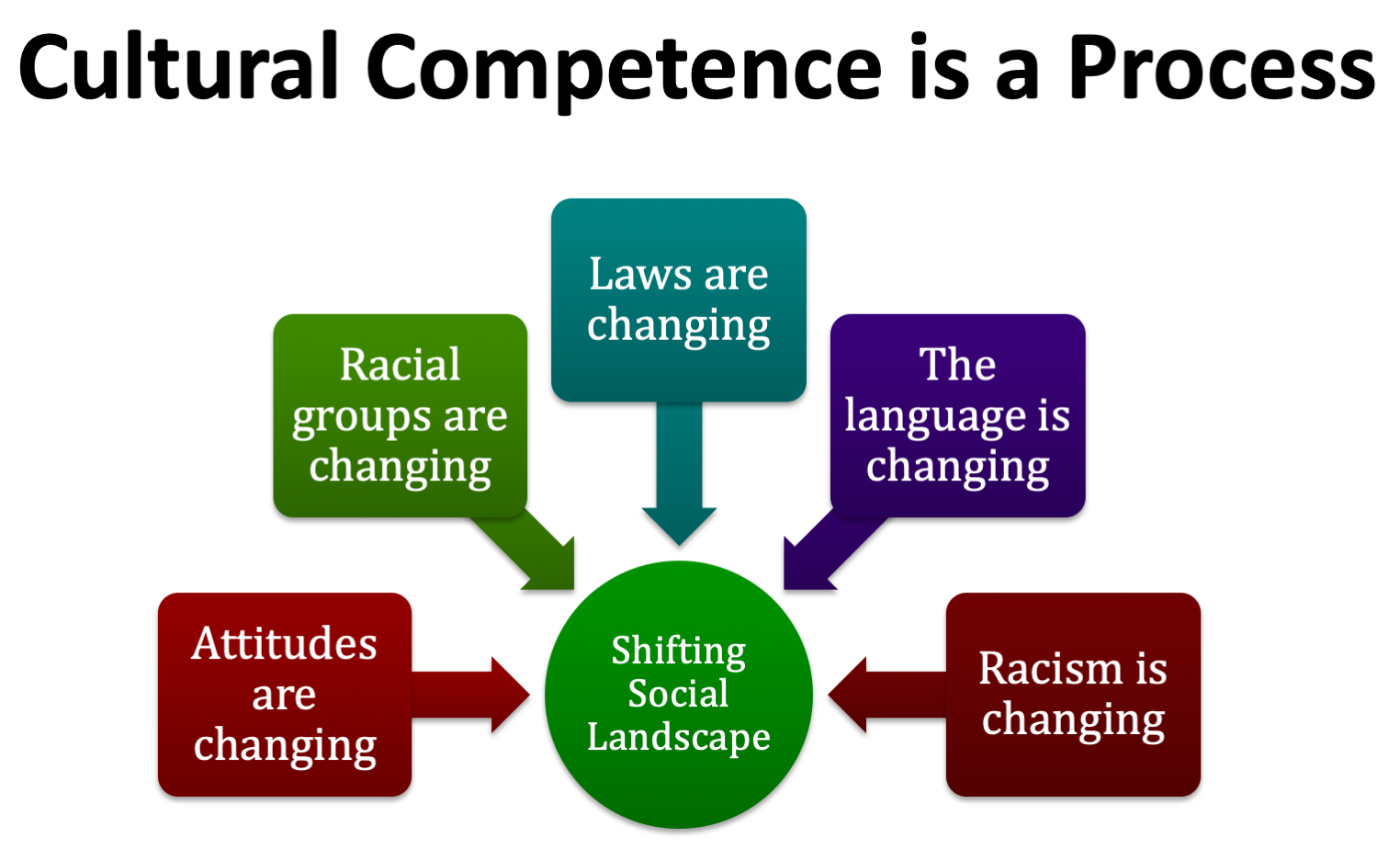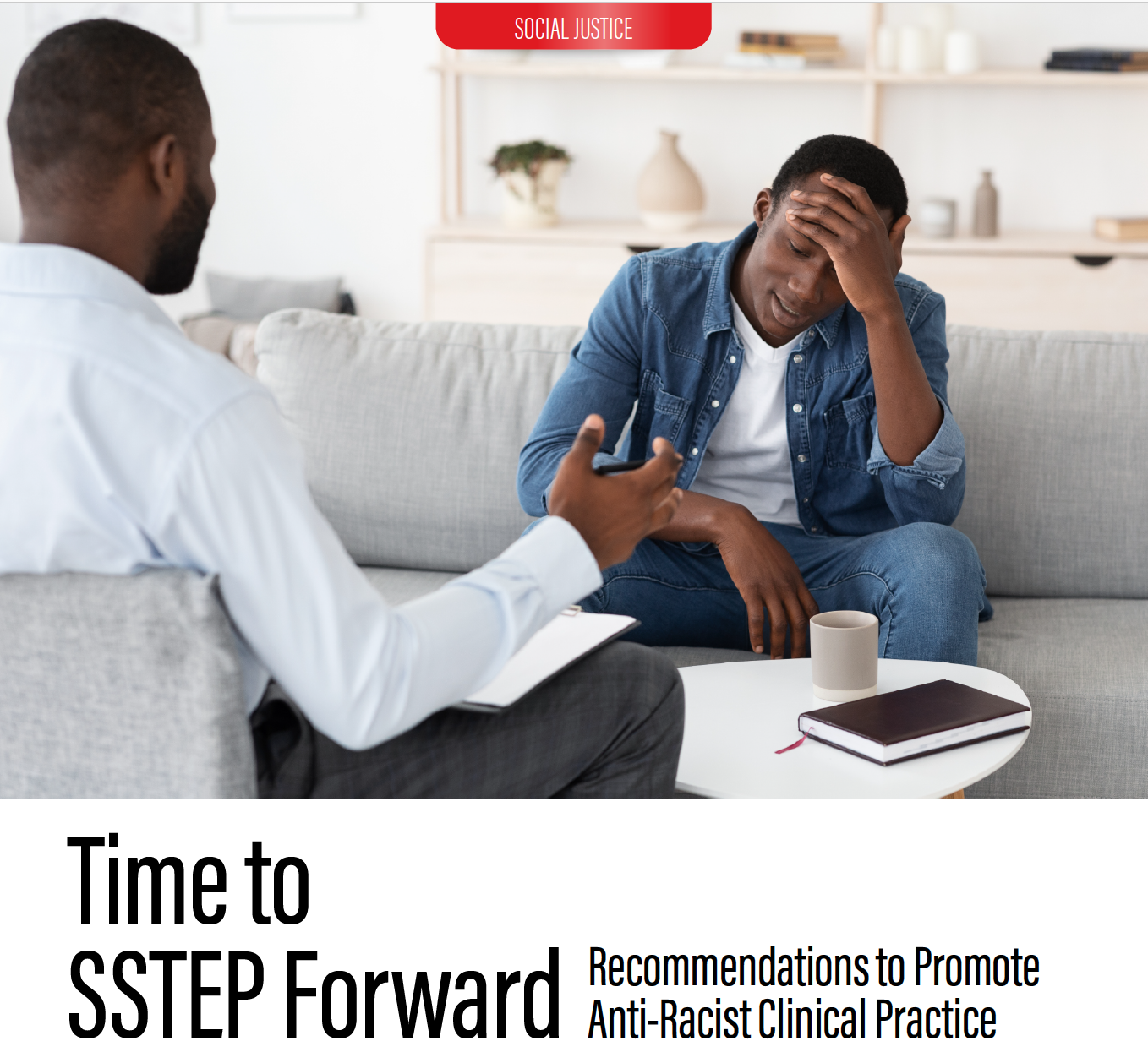Cultural Competence in Mental Health Care
Trainees May Lack Foundational Knowledge of Diversity Issues
People of color deserve care that is of equal quality to the care White clients receive, and it is an ethical duty as mental health providers to uphold this standard and put it into practice. However, therapist trainees may lack adequate foundational training in diversity issues. For example, while many graduate programs require various electives in different areas of psychology, not all require diversity coursework. Newly implemented national training standards have attempted to address this issue, however, the quality of such training varies.
In addition, many students will not yet have had the needed instruction by the time they see their first clients of color. In these cases, supervisors may need to provide the trainee with supplementary reading to help bolster their knowledge. Trainees should also be encouraged to participate in an experiential anti-racism workshops or other immersive activities to build comfort and knowledge around diversity issues.

Supervisors Often Lack Needed Diversity Knowledge
Many supervisors do not have current training in diversity issues. Consider that previous generations of psychologists received no diversity training at all, making them unprepared to teach diversity material to others. Further, early diversity education was focused on learning about norms for different ethnic groups, with very little emphasis on the mental health impact of racism, implicit bias, cultural humility, or the importance of doing one's own internal anti-racism and anti-colonialization work.
As a result, supervisors may not know how to identify or appropriately address racist actions committed by clients or others. For example, one trainee sought support from their supervisor related to microaggressions and racist remarks committed by a client against another ethnic group. The supervisor said that these remarks were not relevant to address unless related to the client’s presenting problem. This is incorrect, as acts of verbal aggression should always be examined as important potential targets for clinical intervention.
This problem can extend beyond the therapy room, as supervisors may not know how to address microaggressions or overt racism committed in a classroom or supervision group. Further, supervisors themselves may commit microaggressions or even overt racism against trainees of color without awareness. Thus, ongoing training in culturally-sensitive approaches should be an ongoing endeavor.

Students for Systemic Transformation and Equity in Psychology. (2020). Time to SSTEP Forward: Recommendations to Promote Anti-Racist Clinical Practice. Psynopsis, 42(4), 14.
Also See
Williams, M., Faber, S. C., & Duniya, C. (2022). Being an anti-racist clinician. The Cognitive Behaviour Therapist, 15(e19), 1-22.
Haeny, A. H., Holmes, S. C., & Williams, M. T. (2021). Applying anti-racism to clinical care and research. JAMA Psychiatry, 78(11), 1187-1188.Immigrants and Refugees
Learn more about the immigrant and refugee experience and mental health.
Socio-Cultural Factors in Mental Health
Learn more about the impact of race, ethnicity, and culture on mental health, and measurement of these important constructs.